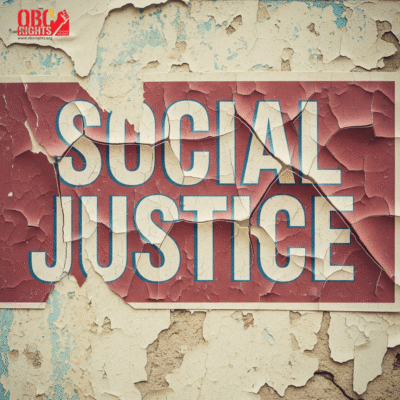The journey of Other Backward Classes (OBCs) toward justice and fair representation in India has been long, challenging, and often overlooked. From the Mandal Commission to a constitutional body, this traces how OBCs fought for rightful recognition in Indian society.
The Mandal Commission and the 27% Reservation
In 1990, the Indian government announced a 27% reservation in jobs and education for OBCs, following the recommendations of the Mandal Commission. Widespread protests emerged against this decision, and some took it to the Supreme Court. Everyone must remember that it has been almost 42 years since 1951 (the First Constitutional Amendment).
In the famous Indra Sawhney case (also known as the Mandal case), the Supreme Court upheld the 27% reservation but made some important observations. It clearly ruled that economic status alone cannot define backwardness—social and educational factors must also be considered. This landmark judgement became the foundation for how OBC reservations would work in India. Strangely, it imposed a condition, too. That is, ‘Creamy Layer’ OBCs having an annual income of Rs 1 lakh and more were denied the benefits of reservation. Now the income ceiling is raised to Rs 8 lakhs.
Formation of the National Commission for Backward Classes (NCBC)
Although OBCs received recognition through reservations, they lacked a strong institutional mechanism to monitor their issues. In 1993, this changed with the establishment of the National Commission for Backward Classes (NCBC) through an Act of Parliament. Initially, it was only a statutory body, meaning it didn’t have full constitutional power.
However, in 2018, the Indian Constitution granted constitutional status to the NCBC through Article 338B. Today, it functions under the Ministry of Social Justice and Empowerment and holds the power to:
- Investigate complaints of injustice or discrimination against OBCs
- Recommend inclusion or removal of communities from the OBC list
- Advise the government on welfare policies for OBCs
- Monitor the implementation of development schemes
Importantly, only Parliament can approve changes to the official OBC list, based on NCBC’s recommendation.

NCBC’s Structure and Role :
The Chairperson, the Vice-Chairperson, and three other members compose the Commission. It functions with the same authority as a civil court during investigations and inquiries. The NCBC plays a critical role in ensuring that it protects the rights of OBCs not only on paper but also in practice.
Political Representation of Marginalized Groups :
In addition to OBCs, India provides representation for Scheduled Castes (SCs) and Scheduled Tribes (STs) in Parliament. As per the Delimitation Commission’s 2008 order, 84 seats are reserved for SCs and 47 for STs, totaling 131 Members of Parliament who directly represent these communities.
However, OBCs, despite being a significant population group, still do not have political reservations in Parliament or State Assemblies—a gap that continues to raise questions about true inclusivity.
Conclusion
While reservations in education and jobs have opened some doors, they still fall short of reflecting the actual size and needs of the OBC population. The 27% cap remains lower than what true equity demands. Moreover, the complete absence of political reservation continues to hold back their full participation in democracy. This is not just a policy issue—it’s a matter of democratic fairness.
It’s time we not only recognize these gaps but unite to bridge them.
Let’s not wait for inclusion—let’s demand it.
It is worth pointing out here, still after 31 years of Reservation (to OBCs) and 75 years of the formation of the Constitution, OBCs have been given only 19% of Jobs in the Government of India – that too in lower ranks (Group B, C, D)



